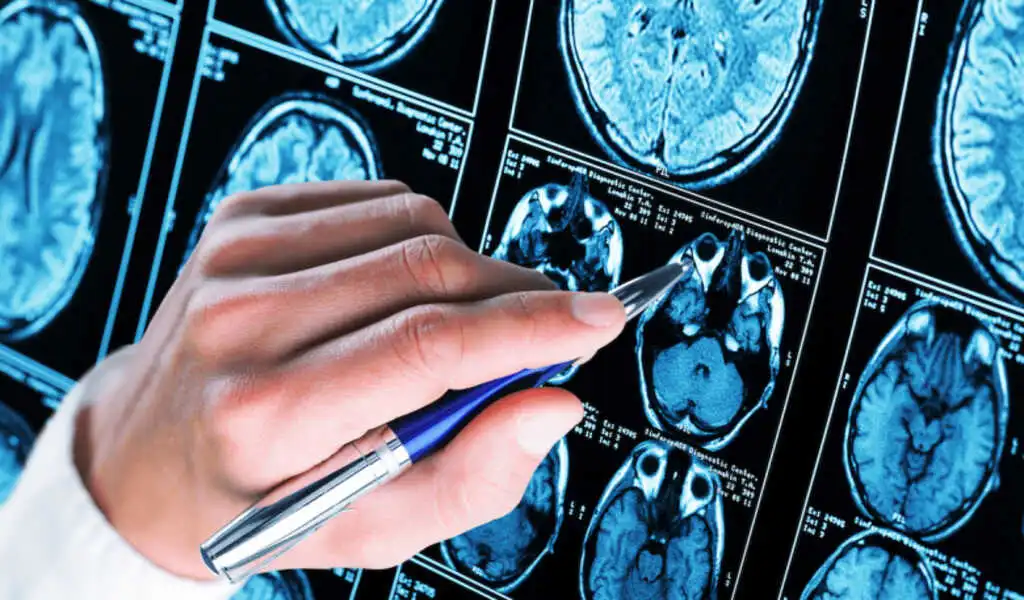Health
10 Early Signs Of Alzheimer’s And Dementia That Need To Be Recognized

There are a few warning signs that it tends to get worse over time. Dementia is caused by the body’s nerve cells no longer functioning. Despite its prevalence among older people, it is not a part of aging. People with dementia have a faster rate of the natural deterioration of the brain as they age.
Dementia comes in many forms. Alzheimer’s disease is the most common form. Other types include:
– Lewy body dementia
– Frontotemporal dementia
– vascular disorders
– mixed dementia, or a combination of types.
There are ten typical early signs of dementia. A person must have at least two of these symptoms, and they must be severe enough to interfere with their daily lives in order to be diagnosed.
Must Read: Increasing Number Of Tick Bites In France Causes Lyme Disease
These 10 early signs of dementia are as follows
1. Memory loss
Dementia patients may have difficulty remembering dates and events. People with dementia often have trouble remembering dates and events. Someone with dementia may have difficulty recalling information they learned recently, such as dates or events.
To remember things, they can rely on their friends, family, or other memory aids. It is common to forget things as we age. When memory loss is caused by aging and not dementia, they usually remember later.
2. Difficulty planning or problem-solving
The person may not be able to follow a recipe or directions for driving if they have dementia. The process of solving problems can also become more difficult, for example when it comes to adding numbers to pay bills.
3. Difficulty performing familiar tasks
The person with dementia may experience difficulty performing tasks they do regularly, such as changing the TV settings, using a computer, making a cup of tea, or going to a familiar place. People with dementia can experience difficulty performing familiar tasks at home as well as at work.
4. Confusion about time or place
Dementia makes it difficult to appreciate the passing of time. People can also lose track of where they are at all times. They may have difficulty understanding upcoming or past events and may have trouble remembering dates.
5. Difficulties understanding visual information
Dementia patients may have difficulty understanding visual information. Reading, judging distances, and understanding colors may be difficult for them.
When someone is used to driving or riding a bike, they may find these activities difficult.
6. Problems speaking or writing
The handwriting may become less readable as dementia progresses. People with dementia may have difficulty participating in conversations. They may forget what they have said or what someone else has said. Striking up a conversation can be challenging. Your spelling, punctuation, and grammar may also suffer.
Some people may have difficulty reading their handwriting.
7. Losing items
With dementia, a person may not remember where they left everyday items, such as money, keys, or important documents.
It can be frustrating to lose items, and doing so can lead to accusations of theft from others.
8. Poor judgment or decision making
Alzheimer’s patients can have difficulties understanding fairness and reasonableness. She may be paying too much or buying things she doesn’t need easily. Dementia patients also pay less attention to cleanliness and appearance.
9. Withdrawal from social activities
A person with dementia may lose interest in social activities, whether at home or at work. She may withdraw into herself and avoid talking to others, or not pay attention when others talk to her. She may stop participating in hobbies and sports that involve other people.
10. Personality or mood changes
People with dementia may experience mood swings or personality changes. It is possible, for instance, that she becomes irritable, depressed, anxious, or fearful. Disinhibition may also set in, or they may act inappropriately.
When to See a Doctor
A person who has any of these symptoms or who notices them in a family member should speak to a health care professional. Aging does not always mean cognitive decline. Cognitive decline may be caused by dementia or another condition that doctors can treat. It is not possible to cure dementia, but it can slow its progression and reduce symptoms, thereby improving a person’s quality of life.
Also Check:
Stuttering: Understanding The Biology Mysterious Condition
The Importance of a Healthy Lifestyle for Students
An Ultimate Guide For Using Tonic Water
The Perfect Fruits to Help Lower Blood Sugar, Says Nutritionist

















![Play Online Blackjack In Australia [2024]: Top 10 Online Australian Blackjack Sites 16 Play Online Blackjack in Australia [2024]: Top 10 Online Australian Blackjack Sites](https://www.chiangraitimes.com/wp-content/uploads/2024/03/word-image-303235-1-80x80.jpeg)












